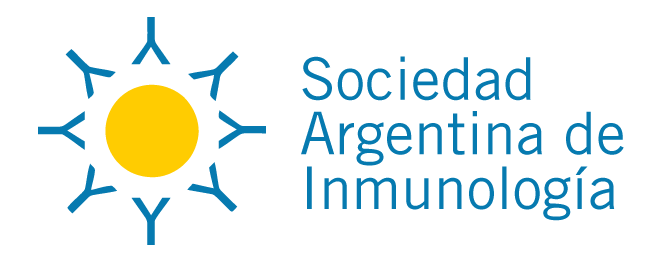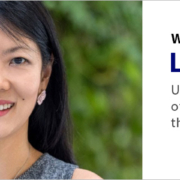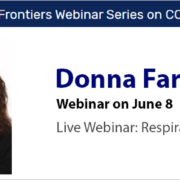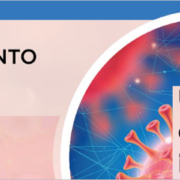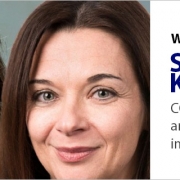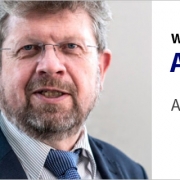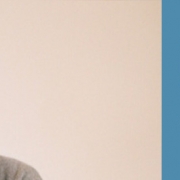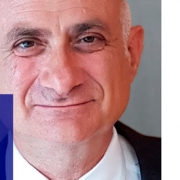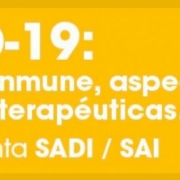Webinar: Understanding Infection and Immunity of SARS-CoV-2
Overview
SARS-CoV-2 (Severe Acute Respiratory Syndrome Coronavirus 2) is the causative agent of the ongoing Coronavirus Disease 2019 (COVID-19) pandemic. Alongside investigations into the virology of SARS-CoV-2, understanding the fundamental physiological and immunological processes underlying the clinical manifestations of COVID-19 is vital for the identification and rational design of effective therapies.
In this webinar, Lisa Ng will provide an overview of the pathophysiology of SARS-CoV-2 infection. She will describe its interaction with the immune system and the subsequent contribution of dysfunctional immune responses to disease progression. These will provide important insights in designing useful diagnostics and therapies.
Lisa Ng
Presenter
Since starting her own research lab at the Singapore Immunology Network (SIgN), Lisa Ng is currently a Senior Principal Investigator. The research interest of her group focuses on the immune responses of arthrogenic arboviruses that are epidemic or highly endemic in the tropical region.
Her team made several key important findings to move the human immunology field forward in controlling chikungunya virus and Zika virus infections.
For her previous work and contributions to SARS, she was voted “Most Inspiring Woman” at the Great Women of Our Time Awards for Science and Technology in 2005. In recognition of her meritorious research and development efforts on Asia’s infectious diseases, she was conferred the highly prestigious ASEAN “International Young Scientist and Technologist Award” in 2008.
